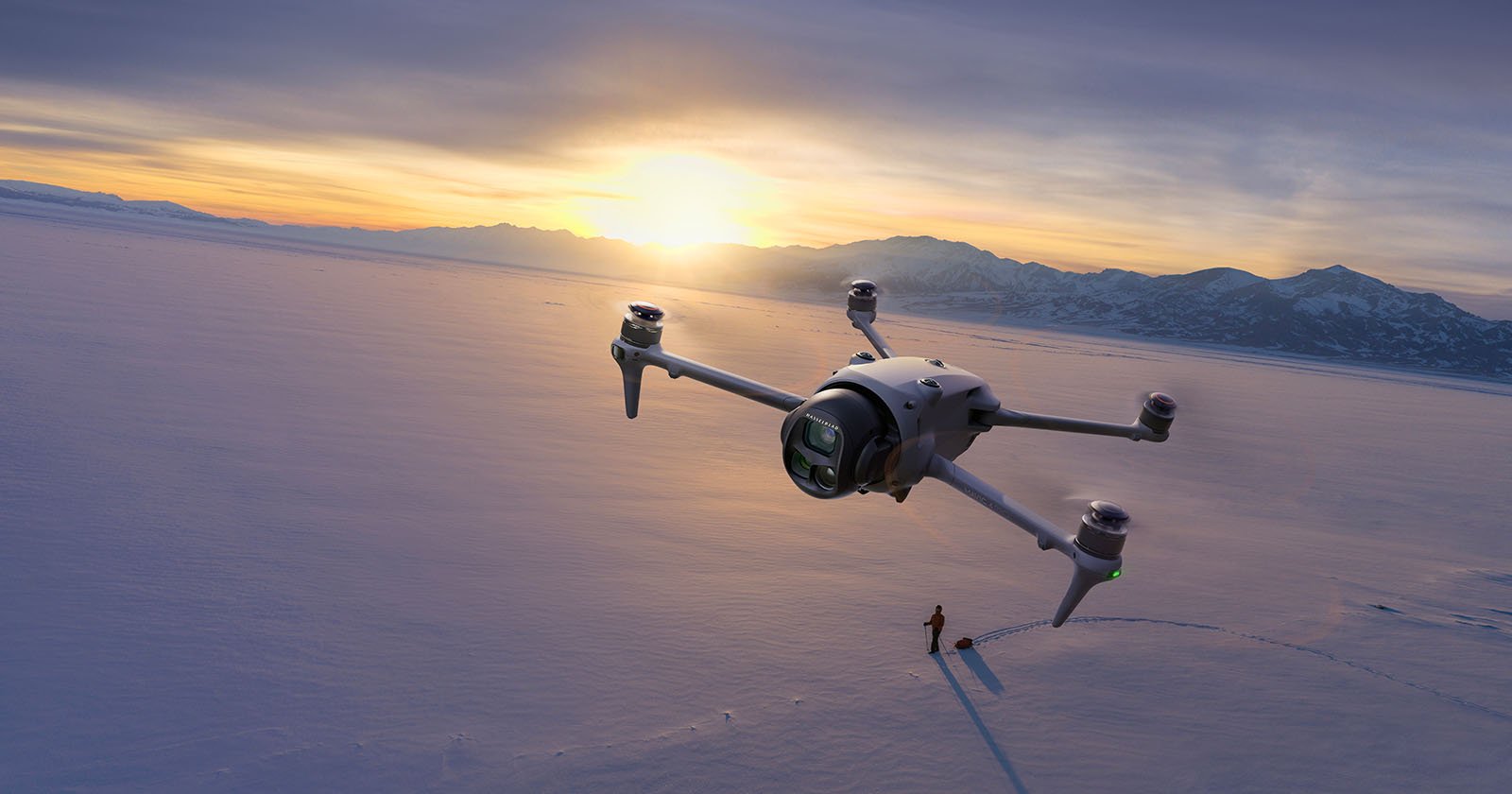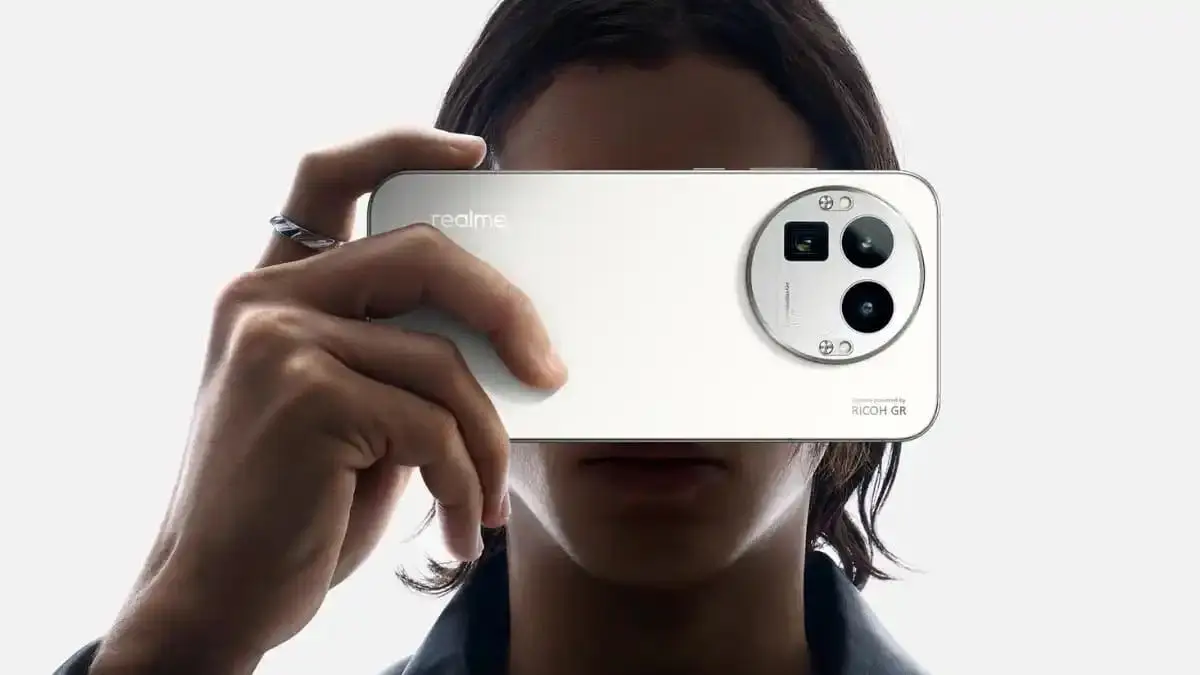Copyright PetaPixel

A unanimous Federal Communications Commission (FCC) vote last week puts DJI in even hotter water. However, despite initial appearances, the new decision is not as problematic as another issue that DJI is dealing with: a very slow security audit. All these things taken together indicate a very real chance that DJI drones will be officially banned from entering the U.S. by the end of this year. Editor’s Note: It’s important to note that the use of the word “officially” above was necessary since DJI has been experiencing problems importing its equipment into the U.S. already. Since last year, customs has, according to DJI and multiple reports, been blocking imports even though technically DJI hasn’t yet been banned. That is why for a majority of 2025, DJI has not been able to properly stock or sell any new products in the United States. Before getting to the recent FCC vote, there is some necessary background to recap, as it relates to the vote’s impact. A controversial Countering CCP Drones Act, which garnered bipartisan support in 2024, was ultimately removed from the U.S. Congress’ final FY25 National Defense Authorization Act (NDAA) that was passed late last year. This was a huge win for DJI. However, as part of the 2025 National Defense Authorization Act, which again did not outright ban DJI drones, section 1709 mandated that a designated national security agency conduct a security audit of relevant companies, including DJI, within one year. The audit is intended to determine whether communications and video surveillance equipment, including drones, pose a threat to the United States and its national security interests. If a company does not pass this security audit or the audit is not completed within one year, that company’s new products will be banned from entry into the U.S. Since the 2025 National Defense Authorization Act passed in December 2024, DJI has urged the federal government to perform the mandated security audit, which DJI is confident it will pass. DJI sent a letter to the heads of the five U.S. national security agencies in late March and further implored any of the agencies to start the audit in June. By July, lawmakers were suddenly rushing to complete the audit in just 30 days. While DJI expressed relief that it looked like an audit might finally happen, it also worried that a rushed audit would undercut its credibility and “undermine the integrity of the process altogether.” Ultimately, these fears were unrealized because the proposed rushed audit didn’t happen anyway, and neither has a more careful audit. Given the ongoing government shutdown, there is no reason to think the mandated security audit is not just around the corner, either. That brings the situation to now. As The Verge reports, on October 28, the Federal Communications Commission (FCC) voted 3-0 to give itself the power to ban products from entry that include specific communications components made by companies on the government’s “Covered List,” which includes entities deemed to be a national security risk. This closes a prior loophole by banning any products that include communications components from “Covered List” companies, not just products sold under that company’s brand. The FCC’s recent ruling adds another layer to the situation by enabling the government to retroactively ban previously approved communications technologies from entering the U.S., provided that the company that makes the components is determined to pose a national security risk. Drones rely on communications networks covered by the ruling, which fall under the FCC’s purview in the U.S. As a U.S. federal judge recently ruled, federal agencies have wide-ranging power to determine which companies pose national security risks, even in the face of contradictory evidence. DJI has appealed this ruling. The point here is that the bar a federal agency has to clear when labeling a foreign company a national security risk is, as of now, very low. The FCC ruling only applies to new imports that include components made by companies on the “Covered List.” Further, the FCC’s retroactive ban would not involve the government taking away people’s drones or anything like that. The ruling also institutes a case-by-case analysis of each covered product, during which time there is an opportunity for the public to provide feedback. The FCC has effectively closed a potential loophole in the law, but has not necessarily brought DJI any closer to a ban. That said, DJI is still closer to a ban in the United States than it was at the start of the year because the mandated security audit remains unfinished. In fact, DJI’s head of global policy, Adam Welsh, says there are no signs that the security audit process has even begun. If the risk assessment is not completed by December 23, 2025, then new DJI products will be barred from import, regardless of what the FCC ruled last week. However, if the assessment is not completed, DJI will also be automatically added to the FCC’s Covered List, adding a second problem to DJI’s pile: existing models could be retroactively banned, meaning they can no longer be imported. The FCC ruling also means that drones that include technologies made by companies on the FCC’s Covered List, which DJI is currently heading towards being added to, unless something drastically changes, would be automatically banned. This could affect certain products that look a lot like DJI drones, like the SkyRover X1 that sure seems like a DJI Mavic 4 Pro. Like DJI’s other new products released this year, the company did not officially launch its Mavic 4 Pro in the U.S., even if other retailers still sold it. DJI has not confirmed or denied whether it has any connection to SkyRover, or to another company selling DJI products in disguise, Xtra. Suppose the mandated security assessment of DJI doesn’t happen by the December 23 deadline. In that case, DJI will be automatically added to the Covered List. DJI products with relevant communications technologies will be banned from entry into the U.S. Further, thanks to the FCC’s new ruling, so too will products that include components made by companies on the Covered List. DJI maintains that it is not a Chinese military company and its products should not be banned in the United States. However, DJI cannot force the federal government to conduct its mandated security audit before the deadline, and the consequences of the audit not being conducted are clear. If DJI cannot pass the security assessment by December 23, it will have to stop importing all new products with radio transmission technology into the United States, which includes more than just drones. The FCC ruling doesn’t change that, but it does mean DJI may no longer be able to disguise its products under different brands.



